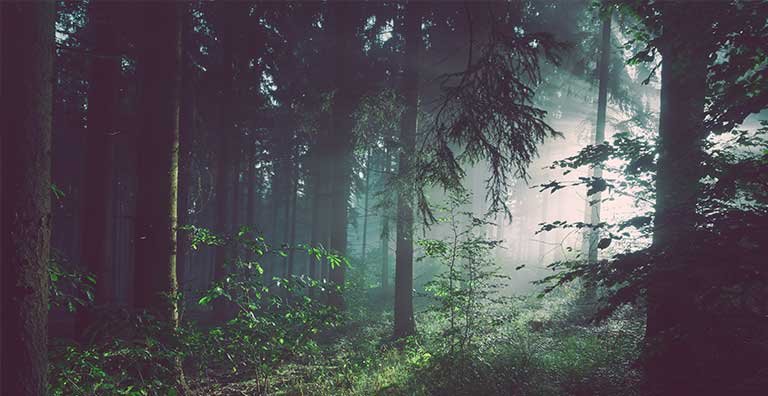
THIS MORTAL LIFE
CLIMATE CHANGE
Death anxiety and climate change sit uncomfortably side-by-side. The warming of the earth poses a fundamental threat to everything we love. Extreme weather patterns, melting glaciers, and rising sea levels leave no continent untouched. Many communities already feel the impact of climate change. Water supplies are shrinking, forests are burning, crop yields are dropping, and oceans are becoming more acidic. We have marred the Earth, and as Becker cautioned, our fear of death has played a role in this. In this newsletter, the EBF will seek to address the relationship between climate change and death denial and how Becker’s insights can inform our understanding of humanity’s contributions to environmental destruction.
Becker argued that death denial prompts us to “assure the complete triumph of man over nature” (1975, pg.70). Nature is riddled with reminders of our corporeality, so maintaining order and control over nature creates the illusion that we can avoid death. We extend power over nature through heroic feats of science, technology, and economic growth. We cut our grass and fill our shopping carts to set ourselves apart from nature, which allows us to feel as though death is escapable. As Becker warned, immortality driven consumer desire, unfettered materialism, and exploitation of nature carry a dark underbelly: environmental destruction.
Nature is riddled with reminders of our corporeality, so maintaining order and control over nature creates the illusion that we can avoid death.
In this issue, Dr. Melissa Soenke discusses how death anxiety energizes carbon-intensive consumerism and makes people less inclined to engage in activities that facilitate environmental sustainability and growth. Dr. Tim Kasser explains how existential anxiety can lead people to care about materialistic values and how we can weaken the hold that death-denying materialistic motives on individuals and culture. Katrina Spade provides a unique and powerful perspective on the relationships between traditional funeral practices, death denial, and climate change, and the ways in which we can create meaningful and ecological alternatives to existing death care options. Dr. Lori Marino discusses how death anxiety drives humans’ exploitative and harmful relationships with animals and the natural world. As we will see in the following interviews, Becker’s extraordinary insights on human social behavior is a powerful tool we can use to understand human-driven climate change and take steps to help the environment.





